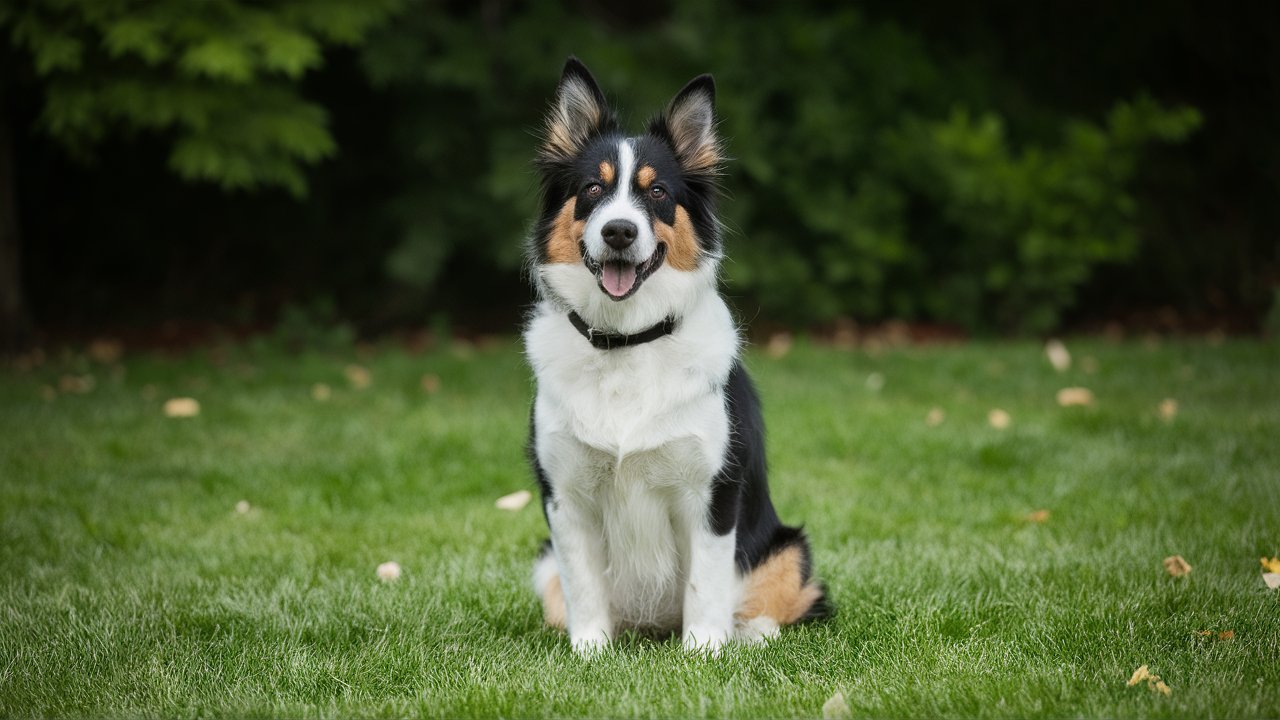Best Dogs for Emotional Support: A Comprehensive Guide
Best Dogs for Emotional Support Or Emotional support animals (ESAs) provide comfort and companionship to individuals experiencing emotional or psychological challenges. Among these, dogs are often the preferred choice due to their loyalty, empathy, and ability to form strong bonds with humans. Choosing the right dog breed as an emotional support animal can make a significant difference in providing the necessary emotional support and improving the overall quality of life for their owners. In this article, we will explore the best dog breeds for emotional support, taking into consideration factors such as temperament, size, and energy level. Additionally, I’ll share personal anecdotes to illustrate how these dogs can positively impact lives.
Understanding Emotional Support Animals

Before diving into specific breeds, it’s important to understand what emotional support animals are and how they differ from service animals. While service animals are trained to perform specific tasks for individuals with disabilities, emotional support animals provide companionship and comfort to individuals with mental health issues. ESAs do not require specialized training but must exhibit certain qualities that make them suitable for emotional support.
Top Best Dogs for Emotional Support
1. Labrador Retriever
Temperament: Friendly, outgoing, and gentle
Size: Large
Energy Level: High
Labrador Retrievers are among the most popular breeds for emotional support due to their friendly and loving nature. They are highly sociable, making them ideal companions for individuals seeking comfort and emotional stability. Labs are known for their patience and are often used as therapy dogs in various settings.
Personal Anecdote: I remember a friend who suffered from severe anxiety finding solace in her Labrador Retriever, Max. Whenever she felt overwhelmed, Max would nuzzle against her, offering comfort and a sense of security. His playful nature and unconditional love made a world of difference in her daily life.
2. Golden Retriever
Temperament: Intelligent, affectionate, and loyal
Size: Large
Energy Level: Moderate
Golden Retrievers share many characteristics with Labradors and are equally popular as emotional support dogs. They are known for their gentle disposition and eagerness to please, making them perfect for individuals in need of emotional reassurance. Golden Retrievers are also great with children, making them suitable for families.
Personal Anecdote: A close neighbor of mine adopted a Golden Retriever named Daisy after losing her husband. Daisy’s presence brought warmth and comfort to her life, helping her navigate through the grieving process. Daisy’s affectionate nature and loyalty provided a sense of companionship that helped my neighbor heal emotionally.
3. Cavalier King Charles Spaniel
Temperament: Affectionate, gentle, and adaptable
Size: Small
Energy Level: Low to moderate
Cavalier King Charles Spaniels are known for their affectionate and gentle demeanor, making them excellent emotional support dogs. Their small size makes them suitable for apartment living, and they are highly adaptable to various environments. Cavaliers are also known for their intuitive nature, often sensing their owner’s emotional needs.
Personal Anecdote: I had the pleasure of meeting a woman who had a Cavalier King Charles Spaniel named Charlie. She suffered from depression, and Charlie became her constant companion. His intuitive nature allowed him to sense when she needed comfort, and he would snuggle up to her, providing a calming presence.

4. Poodle
Temperament: Intelligent, alert, and loving
Size: Various (Toy, Miniature, Standard)
Energy Level: Moderate to high
Poodles are highly intelligent and trainable, making them excellent emotional support dogs. They come in various sizes, allowing individuals to choose the one that best fits their lifestyle. Poodles are known for their hypoallergenic coats, making them suitable for individuals with allergies.
Personal Anecdote: A colleague of mine has a Miniature Poodle named Bella. Bella’s playful and loving nature brings joy to her life every day. My colleague often shares how Bella’s presence helps alleviate stress and anxiety after a long day at work. Her cheerful demeanor and intelligence make her a delightful companion.
5. Yorkshire Terrier
Temperament: Affectionate, sprightly, and brave
Size: Small
Energy Level: Moderate
Yorkshire Terriers, or Yorkies, are small in size but big in personality. They are affectionate and love being close to their owners, making them great emotional support dogs for those living in smaller spaces. Yorkies are known for their loyalty and can provide comfort and companionship to individuals in need.
Personal Anecdote: My cousin, who battles with PTSD, adopted a Yorkshire Terrier named Milo. Milo’s lively and brave nature helps her face her daily challenges. He has become her source of strength and emotional support, offering unwavering loyalty and companionship.
6. Corgi
Temperament: Intelligent, affectionate, and playful
Size: Medium
Energy Level: Moderate
Corgis are known for their playful and affectionate nature. They are intelligent and form strong bonds with their owners, making them excellent emotional support dogs. Corgis are also known for their unique appearance and charming personalities.
Personal Anecdote: A good friend of mine has a Corgi named Oliver. After experiencing a difficult period in her life, Oliver became her source of joy and comfort. His playful antics and affectionate nature never fail to put a smile on her face, making him an integral part of her emotional well-being.
Factors to Consider When Choosing an Emotional Support Dog

When selecting an emotional support dog, it’s essential to consider various factors to ensure a good match between the dog and the individual’s needs:
- Temperament: Look for breeds known for their friendly and affectionate nature.
- Size: Consider the living space and lifestyle to determine the appropriate size of the dog.
- Energy Level: Choose a breed with an energy level that matches the owner’s activity level and lifestyle.
- Allergies: Opt for hypoallergenic breeds if allergies are a concern.
- Training Needs: Some breeds may require more training and socialization than others.
- Compatibility: Ensure the dog is compatible with other pets and family members, especially if there are children in the household.
The Impact of Emotional Support Dogs
Best Dogs For Emotional support have the power to transform lives by providing comfort, companionship, and unconditional love. They can help alleviate symptoms of anxiety, depression, and other mental health challenges. The bond between a person and their emotional support dog can be incredibly healing and provide a sense of purpose and fulfillment.
Conclusion
Choosing the right dog breed for emotional support is a deeply personal decision that can significantly impact an individual’s well-being. Whether it’s a playful Labrador, a gentle Golden Retriever, or a loyal Yorkshire Terrier, each breed brings unique qualities that can provide comfort and companionship to those in need. Personal anecdotes and stories illustrate the profound impact these dogs can have on their owners’ lives, offering hope and healing in times of need. If you’re considering an emotional support dog, take the time to research and find the breed that best suits your lifestyle and emotional needs. With the right companion by your side, you’ll find solace, joy, and unwavering support on your journey to emotional well-being.




